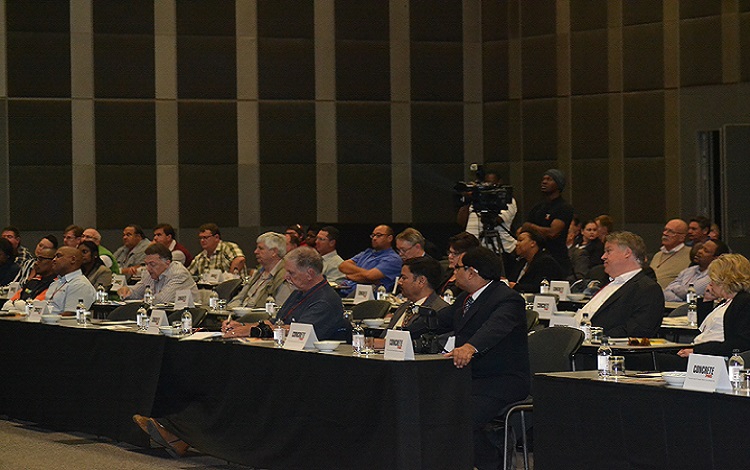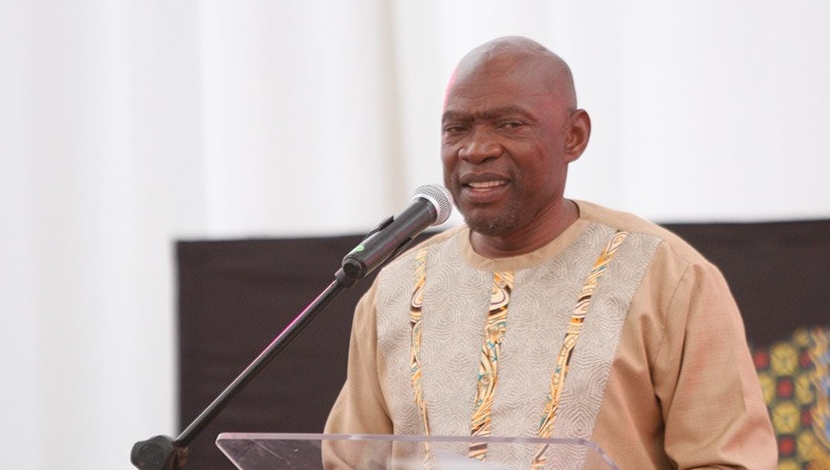

Cost escalations and overruns on construction projects had become a national sport in South Africa and there was need to end this practice, according to a delegate at the African Construction and Totally Concrete conference.
The construction and consulting sectors should be ashamed that South Africans lived in a nation where the cost of projects escalated “by 400%, 500% and even more”, the delegate from the Development Bank of Southern Africa, told African Construction and Totally Concrete conference delegates.
“The private and public sector are complicit in cost overruns. We are not talking about complicated projects like Medupi or one of the power plants. We are talking about simple RDP housing projects of 3 000 units where it escalates from R68 million to R350m.
“Let’s conserve the little we have. Let’s be tight on containment,” he said to applause from other delegates. The delegate was also critical of infrastructure delivery projects that were pushed on the basis of political or other considerations and later collapsed rather than being formulated on the basis of financial feasibility, sustainability “or some other rational consideration”, he said.
Nicky Weimar, a senior economist at Nedbank, earlier said Africa needed faster economic growth over the next decade, but this would not be easy to achieve in the short to medium term because the world was in the middle of a global commodity price downturn and Africa was incredibly dependent on the global commodity price cycle.
Labuschagne said South Africa had spent R2.2 trillion on infrastructure between the 1998/99 and 2014/15 financial years with infrastructure spending increasing from R48 billion in 1998 to R260bn in 2015. He said the bulk of this money had in the last few years gone to Eskom, Transnet, the Central Energy Fund, SA National Roads Agency and Passenger Rail Agency of SA.
Labuschagne said the government estimated it would be spending R865bn over the next three-year cycle of the medium-term expenditure framework, with R180bn over the next three years being spent on energy. But he said South Africa’s water infrastructure had been in crisis for some time and would be one of the growing infrastructure expenditure sectors.





